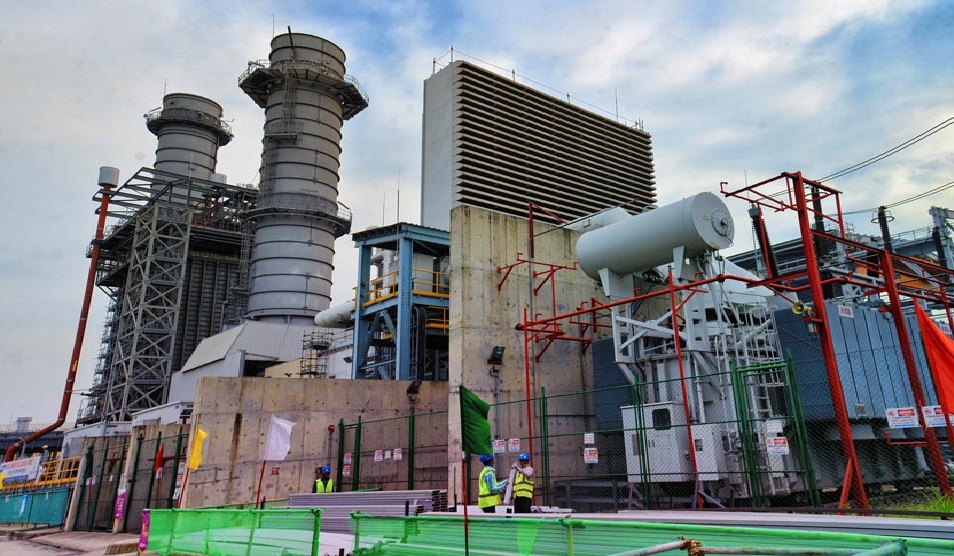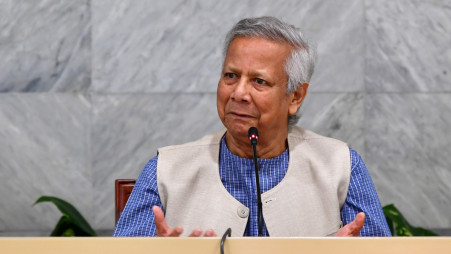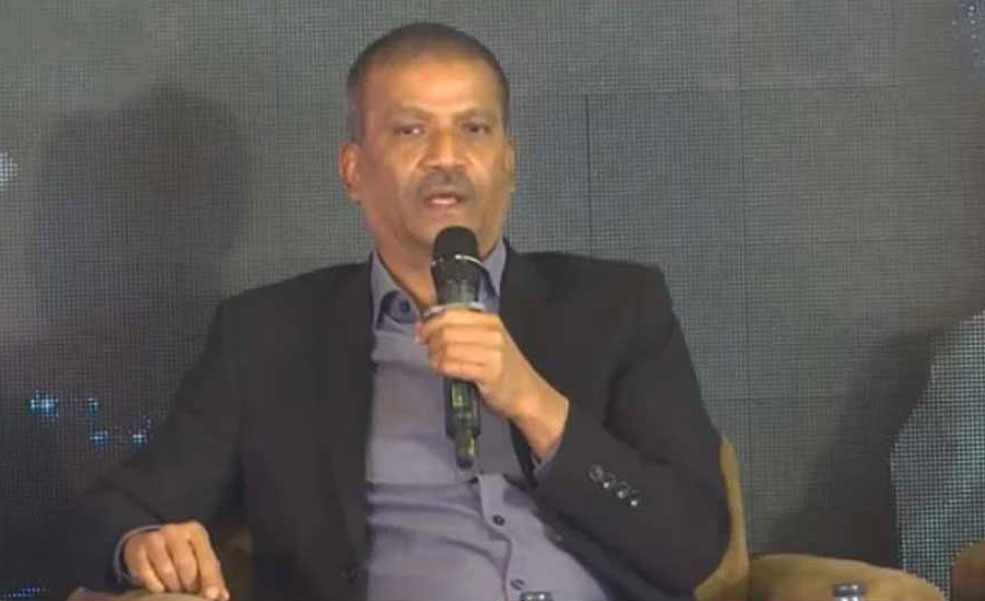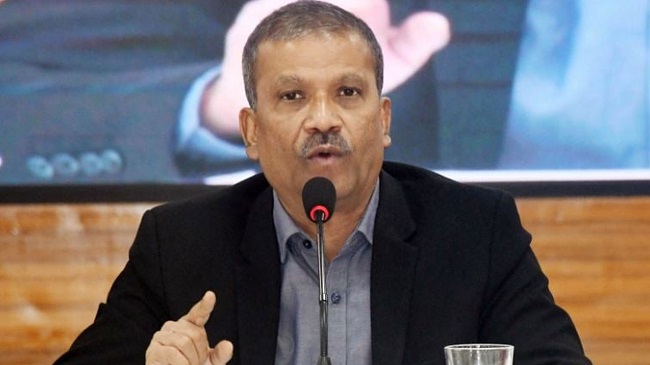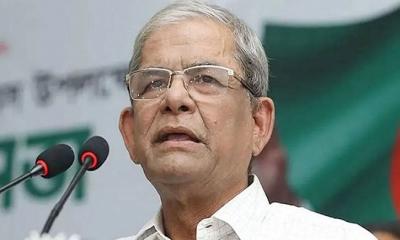The Power Sector is in a deep crisis as the sector is projected to incur a loss of Tk 248.32 billion from March to December amid the COVID-19 pandemic.
The Power Cell, an extended hand of the Power Division, has submitted a report to the power division in this regard on Thursday.
According to the power division estimation, six power distribution companies will incur a loss Tk 148.60 billion between March and December this year due to disruption caused by the COVID-19 crisis.
Of the 148.60 billion loss, the potential loss of Bangladesh Rural Electrification Board (BREB) is estimated at Tk 59.66 billion while Bangladesh Power Development Board (BPDB) might face a loss of Tk 33.96 billion.
At least Tk 27.26 billion loss is projected by Dhaka Power Distribution Company (DPDC) and Tk 13.36 billion for Dhaka Electric Supply Company (DESCO).
Besides, the loss of the North West Zone Power Distribution Company (NWZPDC) and Northern Electric Supply Company (NESCO) Ltd is projected at Tk 6.21 billion and Tk 8.14 billion respectively.
Loss projection in the power sector (March-December):
Besides, the power transmission systems will face a loss of Tk 1.40 billion during the period amid the coronavirus crisis.
The Power Cell also estimates Tk 49.80 billion loss in the power generation sector.
It also fears a loss of Tk 48.52 billion due to a drastic fall in electricity consumption amid the pandemic.
The power division will have to pay Tk 49.80 billion in capacity payment though most of the oil-fired power plants in the private sector have suspended electricity generation or reduce production drastically.
The Power Cell proposed to procure Tk 100 billion from government declared incentive as a line of credit (LoC) to overcome the losses.
It also sought Tk 70 billion in subsidy to mitigate the crisis.
Prime Minister’s energy adviser Dr Tawfiq-e-Elahi Chowdhury advised the power generation companies to overcome the loss through fuel mixture as international oil prices and LNG tariff have come down significantly.
If necessary, he proposed to procure low-cost LNG from the spot market.


